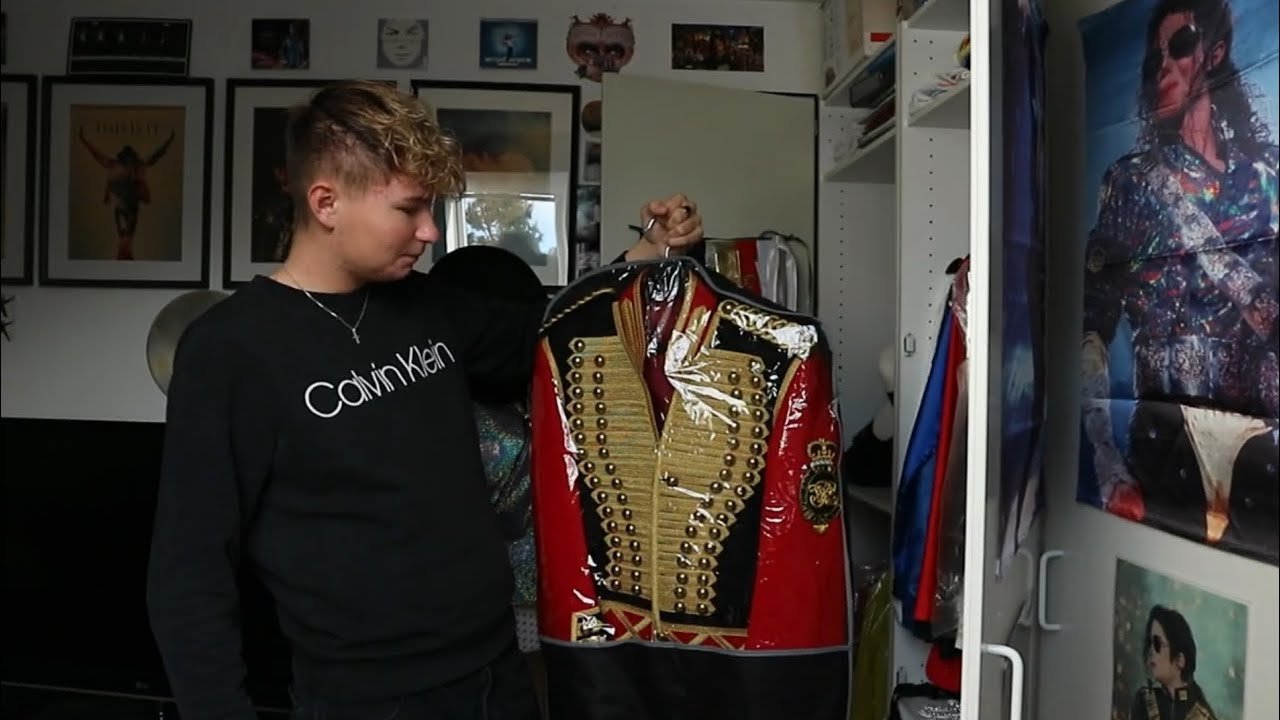The Rise of Tasteless Costumes
As Halloween approaches each year, individuals across the globe turn to various sources for costume inspiration, and Michael Jackson’s distinctive style frequently emerges as a popular choice. However, amidst the array of creative and tasteful outfits, some individuals opt for costumes that cross the line into tasteless territory, often invoking controversies.

One notable trend that has emerged is the portrayal of Michael Jackson in controversial stages of his life. This includes costumes that attempt to mimic the star’s physical appearance during challenging periods, such as his legal battles or changes in his personal life. These depictions often spark debates surrounding the boundaries of Halloween costume choices and cultural sensitivity.
Michael Jackson’s Enduring Influence
Michael Jackson’s enduring influence on music, fashion, and pop culture has undoubtedly left a lasting impact on Halloween costume choices. With his iconic red leather jacket from the “Thriller” music video or his sequined white glove, Michael Jackson’s signature style continues to resonate with fans worldwide. As a result, many individuals seek to pay homage to the King of Pop through their Halloween attire.
Despite the controversies that have surrounded Michael Jackson’s life, his artistic contributions and groundbreaking achievements in the music industry remain a significant part of his legacy. This influence is reflected in the multitude of costumes that pay tribute to his unique persona each Halloween.
The Controversy Surrounding Tasteless Costumes
While Halloween is a time for creativity and self-expression, the line between homage and insensitivity can often become blurred. Costumes that depict individuals during vulnerable or controversial periods of their lives raise ethical concerns and highlight the importance of cultural sensitivity in costume choices.
Notable experts in cultural studies emphasize the need for individuals to consider the impact of their costume choices. Dr. Smith, a cultural analyst, notes, “Halloween costumes should celebrate creativity and imagination without resorting to mockery or insensitivity towards individuals, especially those who have faced challenges in their lives.”
Statistics reveal a growing awareness of the impact of tasteless costumes, with a significant increase in public discourse surrounding cultural appropriation and respect for diverse backgrounds. As society becomes more attuned to issues of representation and sensitivity, the scrutiny of Halloween costumes, particularly those inspired by public figures like Michael Jackson, intensifies.
Navigating Ethical Costume Choices
As individuals prepare for Halloween festivities, it is essential to approach costume selection with consideration and empathy. While it is natural to seek inspiration from beloved icons like Michael Jackson, it is crucial to ensure that costume choices are respectful and do not perpetuate harmful stereotypes or narratives.
Notable psychologist Dr. Brown highlights the importance of empathy in costume selection, stating, “Empathy plays a crucial role in understanding the impact of our actions, including our choice of Halloween costumes. By considering the feelings and perspectives of others, we can make more informed and compassionate decisions.”
Ultimately, the key to navigating ethical costume choices lies in a thoughtful and respectful approach to creative expression. By honoring the legacy of figures like Michael Jackson with dignity and sensitivity, individuals can celebrate Halloween in a manner that fosters inclusivity and understanding.
In the realm of Halloween costumes, the influence of popular culture figures like Michael Jackson is undeniable. While his iconic style continues to inspire creativity and admiration, it is essential for individuals to approach costume choices with cultural sensitivity and empathy. By embracing respectful and thoughtful costume selections, individuals can celebrate Halloween in a manner that honors the legacy of beloved icons without crossing into tasteless territory.
